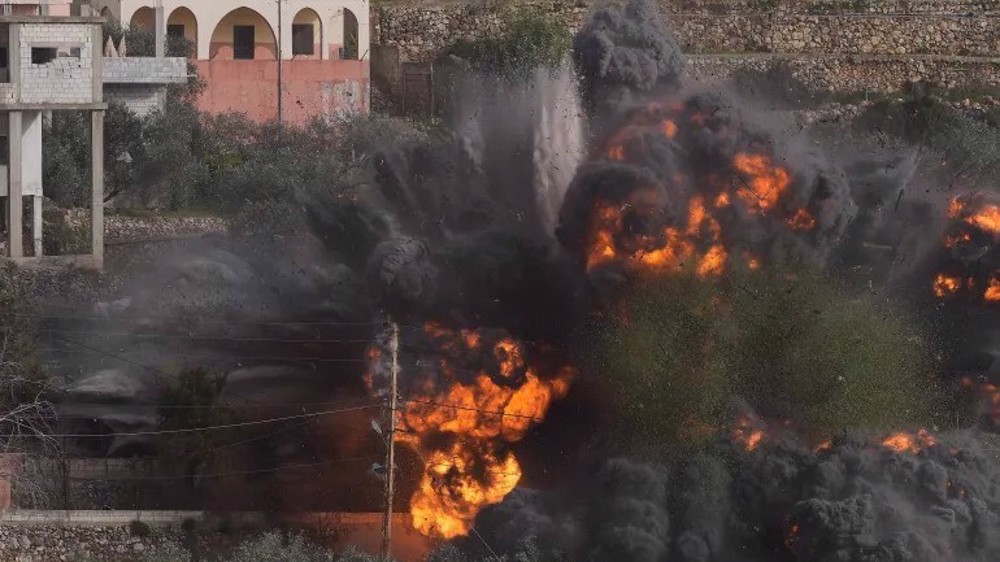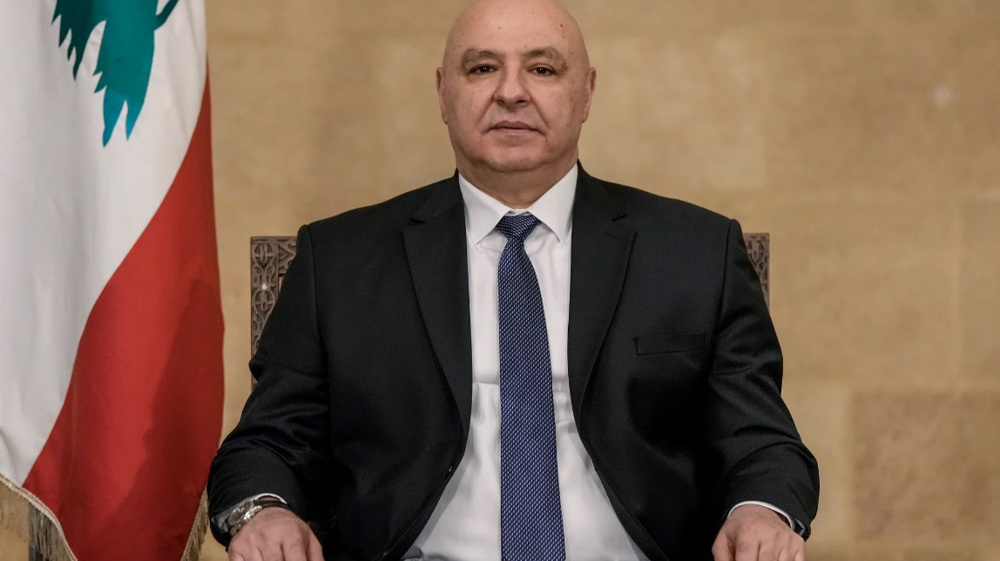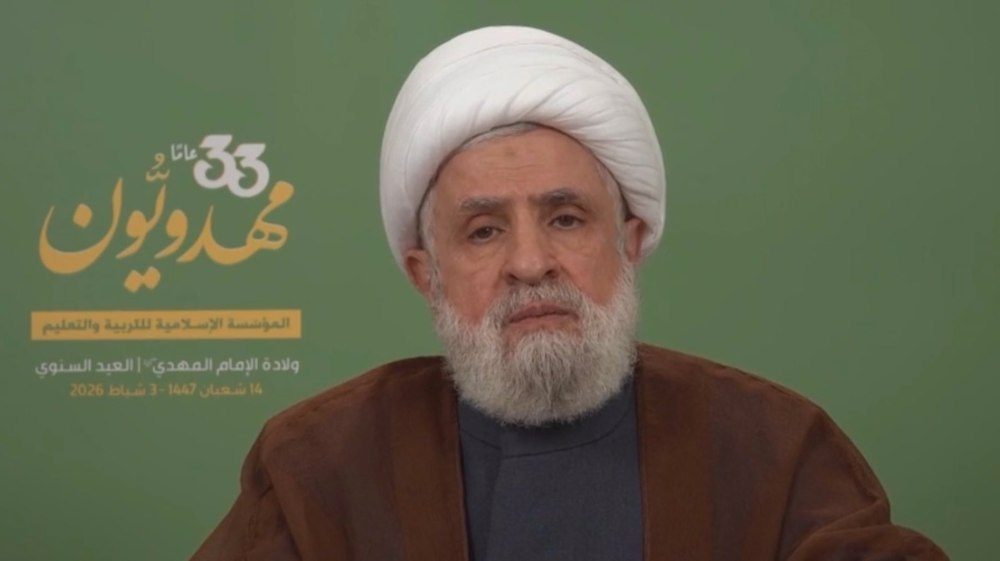Lebanon new coalition government wins parliament confidence vote
Lebanon’s parliament has given a vote of confidence to the new coalition government to commence its work about two weeks after the country's presidency announced the formation of the national unity government.
Following a televised session to debate its proposed policies, the legislators finally gave the coalition government, led by Prime Minister Saad al-Hariri, the green light on Friday to start working.
The government was finally agreed after much debate over the line-up of the cabinet that took months to complete since a parliamentary election held May last year.
Most of the major political parties represented in parliament secured places in the government’s cabinet, including those of President Michel Aoun, the Western-supported Hariri and Parliament Speaker Nabih Berri, as well as the Lebanese Hezbollah resistance movement led by Sayyed Hassan Nasrallah.
Lebanon has one of the largest public debt-to-gross domestic product (GDP) ratio in the world. The figure stands at around 150 percent, and much of it has been accumulated through the cost of servicing existing debt. The economy has suffered from years of low growth.
Hariri said on Friday that his government would prioritize economic reforms needed to bring the country's huge public debt under control.
In a statement issued about its policies, the government said that perusing its reform plans could be “difficult and painful,” but they are required to avoid a deteriorating of economic, financial and social conditions.
It has pledged a “financial correction” equal to at least one percent of GDP a year over five years, commencing with 2019’s budget, a daunting task that could be achieved by increasing revenues and cutting spending.
The measures would begin with transfers to the state-run power company, which the World Bank describes as a “staggering burden” on public finances.
VIDEO | Press TV's news headlines
Senior Russian general shot and wounded in Moscow: Officials
UK ordered in 'milestone' court ruling to pay $570 million for colonial-era massacre
VIDEO | Defying the rubble, Gaza opens its first face-to-face school since start of war
‘Ready for next round’: Million-man rally in Yemen backs Gaza, resistance
FM Araghchi departs Muscat for Doha following nuclear talks with US
Israeli keeps killing more Palestinian civilians in Gaza amid relentless ceasefire violations
Aliyev: Azerbaijani territory will not be used for threats against Iran











 This makes it easy to access the Press TV website
This makes it easy to access the Press TV website